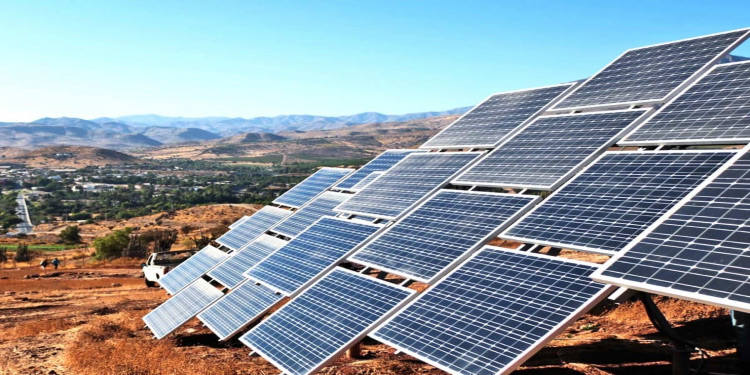
The Kenyan government zero rates the importation of some inputs like solar panels and inverters to encourage sales.
During the inaugural Africa Climate Summit in Nairobi, Kenya, President William Ruto, echoed that Africa can manage to depend entirely on renewable energy, “The continent has enough potential to be entirely self-sufficient with the mixture of wind, solar, geothermal, sustainable biomass and hydropower.” he said.
However, solar technology that is imported into Kenya continues to be taxed with import duties and retailers often have to charge over 15% value added tax making consumers foot the high cost of going green.
Solar energy’s reliability and lower cost despite initial high installation capital has attracted steel manufactures and edible oil factories who form some of the biggest clientele for a company based in the capital, Nairobi.
The Solar Managing Director for Clean Power Rashmi Shah said the company has done 25,000 kilowatts of installations in the last 6 years adding that “it’s very clean energy” and clients are able to recover their initial costs with savings made within the first four years.
“We are not polluting the air at all, we are not raising the temperatures, and we are not affecting the climate of the earth. So that is why more and more emphasis is coming into cleaner energy and solar is certainly one of the cleaner energies,” he told The Associated Press.
The World Bank notes that the deployment of solar mini grids has increased in Sub-Saharan Africa, from around 500 installed in 2010 to more than 3,000 installed today.
The UN’s environmental agency says 60% of the world’s best solar sites are located in Africa and says there is still a great potential as this only harnesses 1% of the power.
